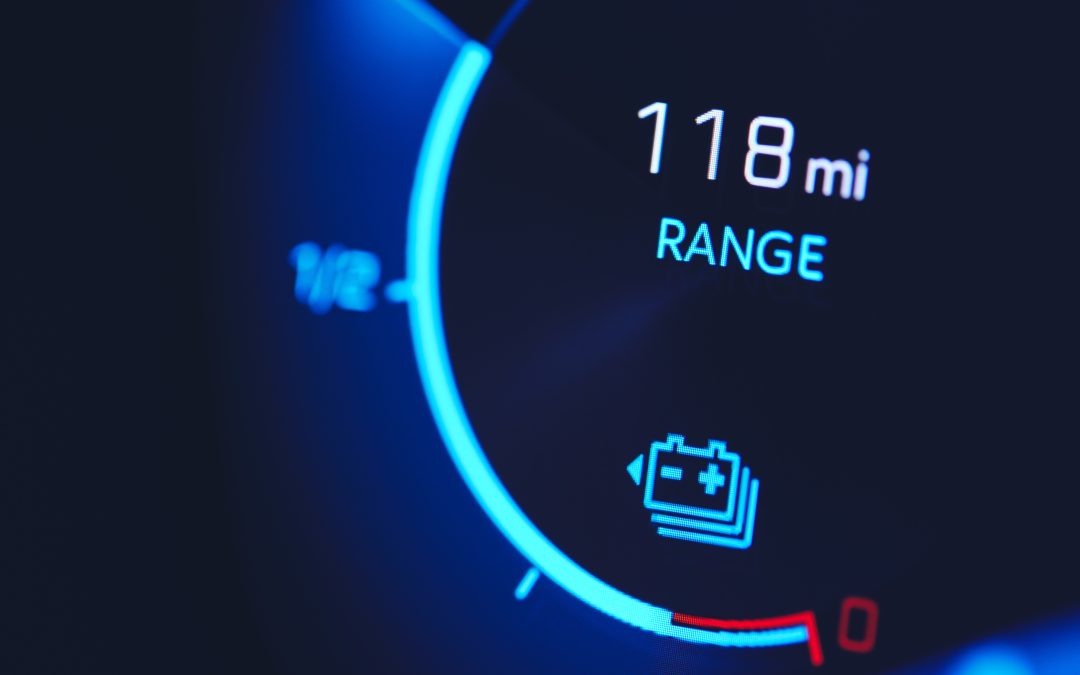If you’re eyeing up an electric vehicle (EV) and the notion of range anxiety is casting a shadow on your enthusiasm, let’s dispel the myth and shed some light on why EVs are a feasible alternative to traditional petrol or diesel cars. Range anxiety, the fear of being stranded with an empty battery, is fading away as charging infrastructure expands and battery technology advances. In the UK, many seasoned EV drivers argue that the real issue lies not in insufficient range but rather in the shortage of public charging points.
Before diving into the specifics, ponder this: when you bought your current petrol or diesel car, did you meticulously calculate how far you could go on a tank of fuel? Probably not, as most drivers rely on miles per gallon (mpg) when comparing different models. Similarly, as battery technology evolves, the range of electric cars becomes less of a sticking point.
So, how far can you go on a single charge with an electric car? The answer isn’t one-size-fits-all, and it largely depends on the model. Presently, you can expect anywhere from 100 to 300 miles of range from a fully charged electric car, contingent on the battery size and vehicle model.
Take the Nissan Leaf, the UK’s best-selling EV, for instance. It boasts a range of up to 168 miles on a single charge with a 40kWh battery, while the Leaf e+ extends that to an impressive 239 miles with a larger 62kWh battery. The Volkswagen ID.3 Pro S 77kWh model offers a range of up to 336 miles, the Honda E can cover 137 miles on a single charge, and the Tesla Model S Long Range takes the crown with an extraordinary 412 miles.
Despite these impressive figures, it’s essential to consider that the actual range can vary due to multiple factors. The age of the battery, much like a smartphone’s battery life, will affect its capacity over time, resulting in a shorter range. Other influences include driving style, external factors like topography and weather conditions, and, of course, the size of the battery. Generally, the larger the battery (measured in kWh), the greater the range, although larger batteries mean more weight, which is why some smaller EVs opt for more compact battery sizes.
But is range anxiety a genuine concern for the average driver? In short, no. Most drivers can conveniently recharge their EVs at home overnight, the most cost-effective method. Moreover, the number of rapid charging points is continually growing, with over 10,000 connectors at 2,800 locations across the UK.
It’s worth noting that taking a break after three hours of driving is not only recommended for safety but also provides drivers with the chance to recharge their EVs while stretching their legs.
In conclusion, while range is a crucial consideration when purchasing an electric car, it’s not the only one. Price, charging time, and miles per kWh are equally important factors. As EV technology progresses, range anxiety will become less of a concern, and we can anticipate electric cars that can travel even greater distances on a single charge. So, fear not, fellow drivers – the road ahead for EVs is brighter than ever.
